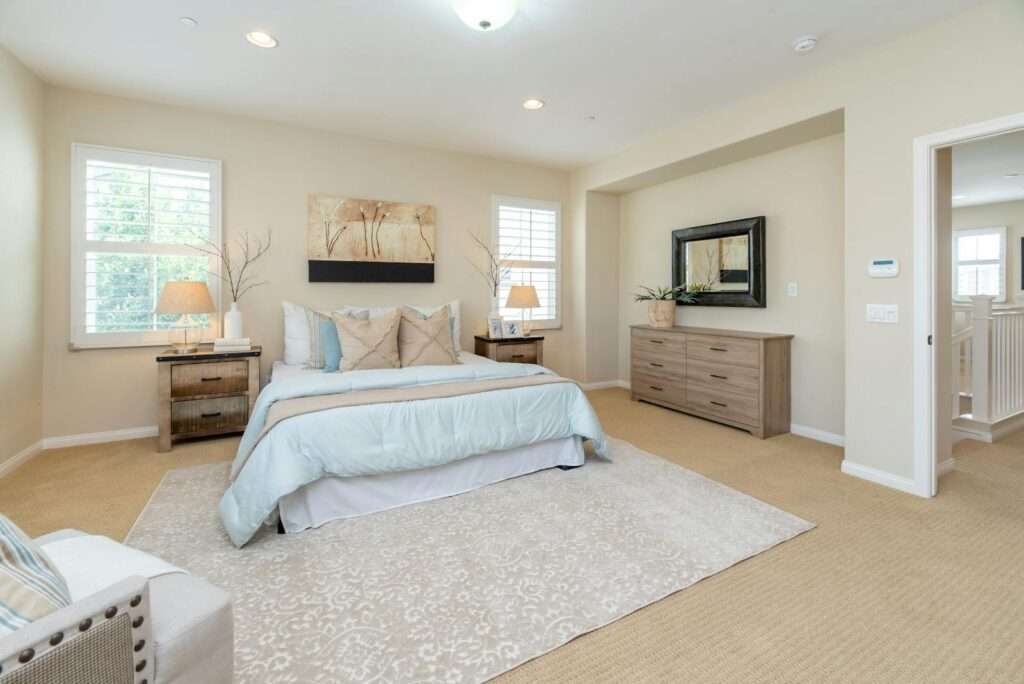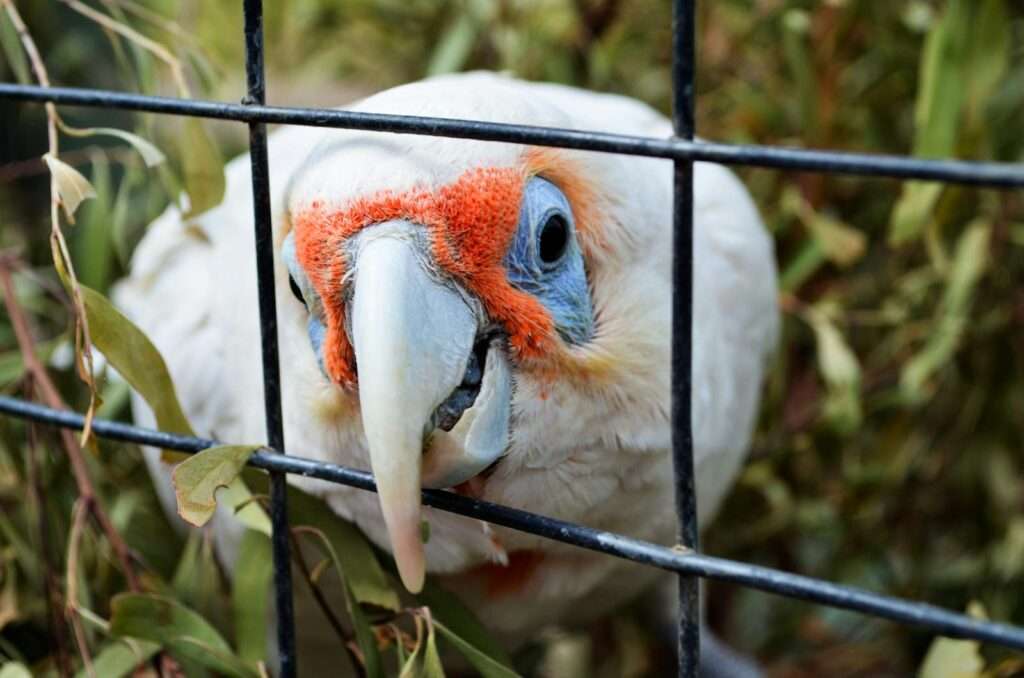Bringing a pet into your home is like welcoming a furry (or feathery or scaly) family member. But just like any new addition, your space might need a little tweaking to ensure it’s safe, comfortable, and fun for your pet. Whether you’re adopting a playful puppy, a curious cat, or a chilled-out chinchilla, here’s a guide to creating a home where both you and your pet can thrive.

1. Safety First: Pet-Proofing Your Space
Pets, especially younger ones, are natural explorers. They’ll sniff, chew, and paw at everything in sight. Protect them (and your stuff) by:
- Securing Hazardous Items: Store cleaning supplies, medications, and sharp objects out of reach.
- Hide Electrical Cords: Use cord covers or keep cords tucked away to avoid chewing hazards.
- Lock Cabinets: Install childproof locks on cabinets containing toxic items like chocolate, alcohol, or household chemicals.
- Check for Small Objects: Coins, buttons, and small toys can be choking hazards.
Pro Tip: Get down to your pet’s eye level to spot potential dangers you might overlook.
2. Create a Cozy Retreat for Your Pet
Pets need their own space to relax and feel secure. Create a cozy nook where they can retreat when they need some downtime.
- For Dogs: Set up a bed or crate in a quiet corner. Make it comfortable with blankets and toys.
- For Cats: Provide a cat tree or a soft perch near a window for bird-watching.
- For Small Animals: Ensure their cage or habitat is in a calm area away from direct sunlight and drafts.
Pro Tip: Scented items like a blanket that smells like you can be comforting, especially for pets prone to separation anxiety.
3. Pet-Friendly Flooring and Furniture
Say goodbye to fragile fabrics and hello to durable, easy-to-clean materials.
- Flooring: Opt for tile, hardwood, or laminate flooring that’s scratch-resistant and easy to wipe down.
- Furniture: Choose fabrics like leather or microfiber that resist stains and fur. Washable slipcovers are also a lifesaver.
- Area Rugs: Use rugs with a low pile and non-slip backing. They’re easier to clean and safer for zooming pets.
Pro Tip: Keep a lint roller and pet-safe stain remover handy for quick cleanups.

4. Keep Things Entertaining
A bored pet is a destructive pet. Make sure your furry friend has plenty of enrichment:
- Toys: Rotate toys regularly to keep them exciting. Puzzle toys are great for mental stimulation.
- Scratching Posts: Essential for cats to stretch and maintain their claws—and save your couch.
- Outdoor Time: For dogs, regular walks and playtime are a must. For cats, consider a secure outdoor enclosure or leash training.
- Interactive Play: Dedicate time each day to play with your pet. It’s great for bonding and burning off energy.
Pro Tip: DIY some toys using household items like cardboard boxes or old socks stuffed with treats.
5. Pet-Friendly Plants and Decorations
Certain plants and decorations can be harmful to pets. Choose wisely:
- Safe Plants: Go for pet-friendly options like spider plants, Boston ferns, or baby’s tears.
- Avoid Toxic Plants: Lilies, poinsettias, and philodendrons are harmful to pets.
- Decor: Keep breakable items out of reach and avoid candles or potpourri that can be knocked over.
Pro Tip: If you love greenery, consider hanging plants or placing them on high shelves to keep them safe from curious paws.
6. Feeding Stations and Water Access
A designated feeding area helps keep things tidy and ensures your pet always has access to fresh water.
- Food Bowls: Use non-slip, easy-to-clean bowls. Elevated feeders can be helpful for larger dogs.
- Water Access: Ensure water bowls are always full. For cats, a water fountain can encourage hydration.
- Storage: Keep pet food in airtight containers to maintain freshness and prevent pests.
Pro Tip: Clean bowls daily to avoid bacteria buildup.
7. Cleaning Hacks for Pet Owners
Pets are adorable, but they can be messy. Keep your home clean and fresh with these tips:
- Fur Control: Brush your pet regularly to reduce shedding.
- Vacuum Often: Invest in a vacuum designed for pet hair.
- Odor Control: Use pet-safe deodorizers and wash pet bedding frequently.
- Litter Boxes: For cats, place litter boxes in quiet, accessible areas and scoop them daily.
Pro Tip: Keep a towel by the door to wipe muddy paws before your pet comes inside.
8. Secure Outdoor Spaces
If your pet has access to a yard, ensure it’s safe and pet-friendly:
- Fencing: Check for gaps or loose boards that your pet could escape through.
- Pet-Safe Plants: Avoid planting anything toxic like oleander or daffodils.
- Shade and Water: Provide a shaded area and a water bowl for hot days.
- Remove Hazards: Keep tools, chemicals, and sharp objects out of reach.
Pro Tip: Create a digging zone for dogs to satisfy their natural instincts without ruining your garden.

Final Thoughts
Creating a pet-friendly home is about striking the perfect balance between functionality and comfort. By making a few thoughtful changes, you can ensure your space is a safe haven for your pet while still being stylish and practical for you. After all, a happy pet makes for a happy home!